U.S. executive principal of international school in Beijing
Editor’s note: This year marks the 40th anniversary of China’s reform and opening-up, and huge changes have been made in Beijing, capital of China, over the past 40 years. We have invited 40 foreign experts to participate in a series of interviews named “New Era, New Insight” jointly hosted by GMW.cn(The official website of Guangming Daily) and the Information Office of Beijing Municipality and share their “Beijing Stories”.
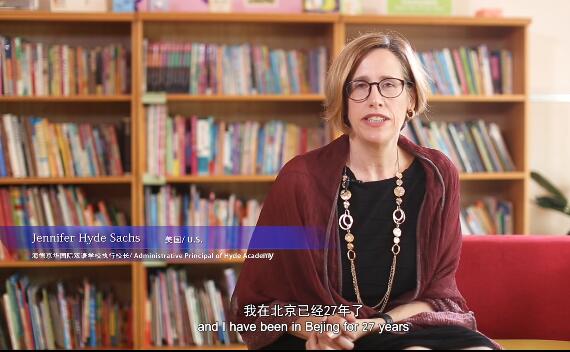
My name is Jennifer Sachs. I came to Beijing 27 years ago, it was 1991. I am the executive principal of Hyde Academy. I joke with my husband. I said that I fell in love with him after I fell in love with Beijing.
It is like telling someone that I fell in love with. (Perhaps) I can't tell why I love this person so much, but it just happened.
This is the way I love Beijing. I didn’t speak Chinese when I first arrived in Beijing, then I felt like I was home, feeling very warm, safe and cared about.
So in my 27 years, there is no such thing as wanting to leave Beijing. In the past, perhaps because international schools were foreign-funded, such as International School of Beijing, Western Academy of Beijing, most of the children may also be foreigners.
So the contents of teaching were basically American or British, or even the international courses that we usually have. As to the international schools now, I think they are more diverse, not just overseas-funded ones. People used to assume "West is the best", we don’t think so.
So now I believe all the international and bilingual schools are in a state of harmony between China and the West, which means we must understand foreign cultures, and at the same time ensure that children have a deep understanding of their own country and their language.
I also believe that my children grown up here should be exposed to both Chinese and Western cultures, they need to understand their father’s culture and language, and to understand my language and culture as well.
So we also have to think about the meaning of internationalization. It must contain Chinese culture, language and tradition.
I have three boys. They live in Beijing all the time. We eat together almost every day. Because I think eating together as a family in China is actually a particularly important thing.
It is important for the family to communicate at the dinner table, which is conducive to a loving atmosphere. Dad may not say “I love you kid” everyday. But dad will cook for the children and eat together, this represents his love.
So I believe eating together means love in China. So since I came to Beijing, I actually have felt that eating with someone or family, drinking a little bit, and chatting together is my greatest impression of Beijing.





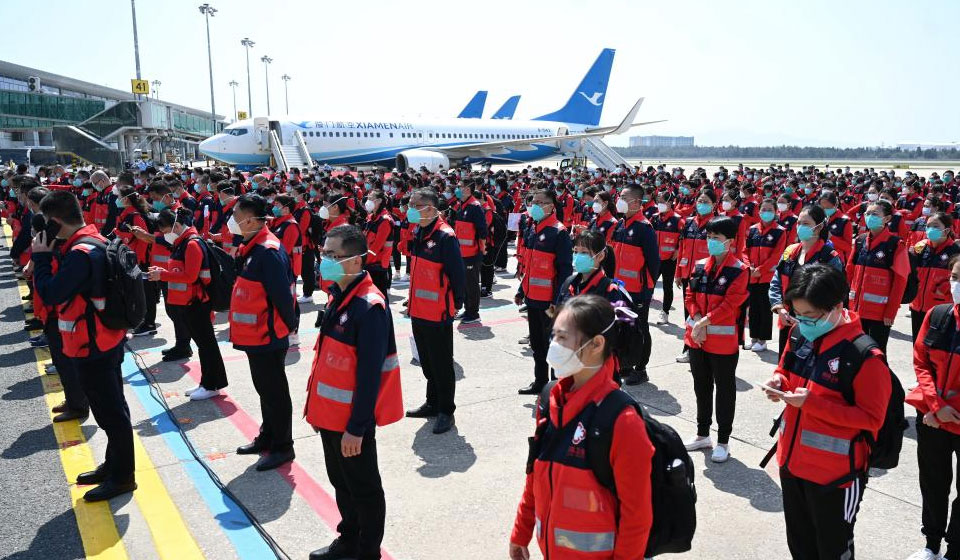
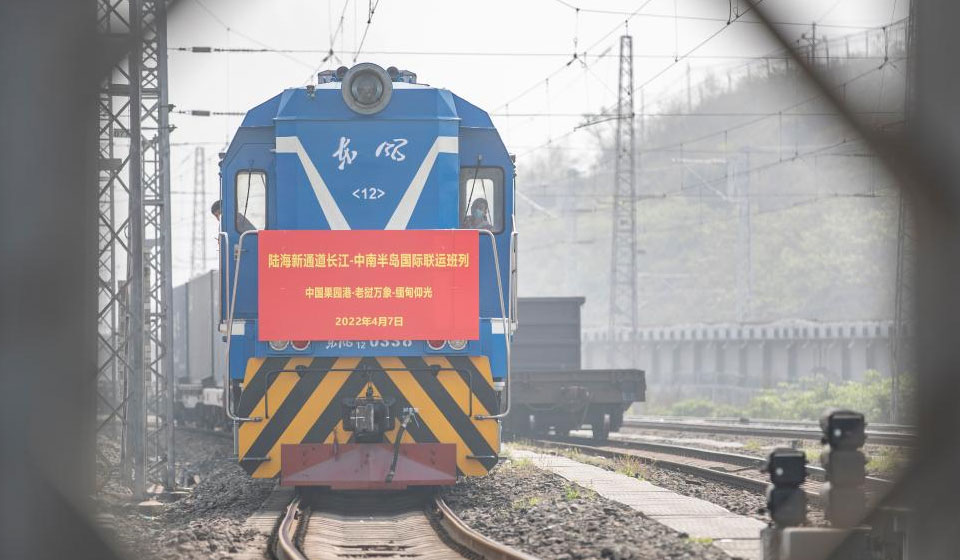
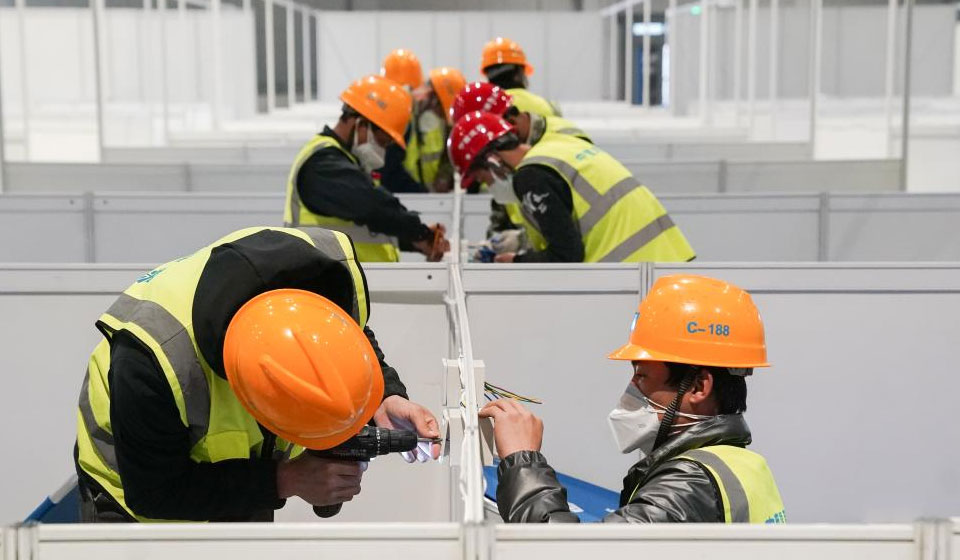


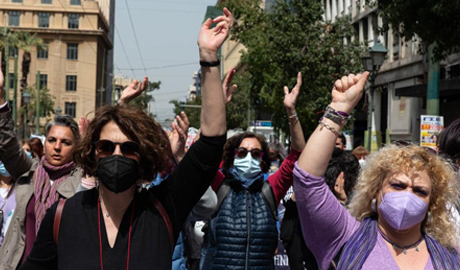


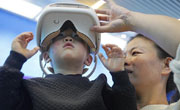


Comments are filtered for language and registration is not required. Guangming Online makes no guarantee of comments' factual accuracy. By posting your comment you agree to our house rules.